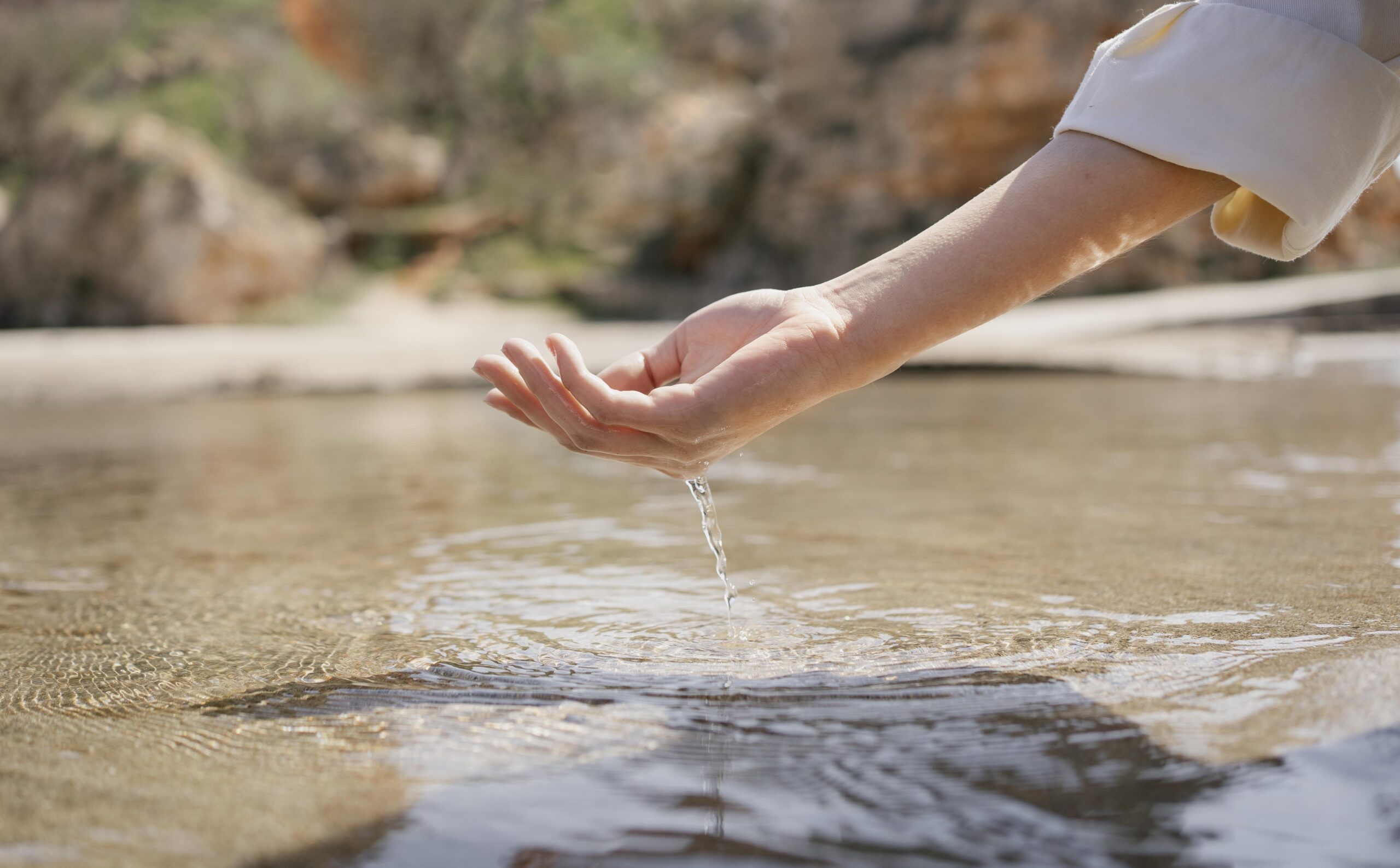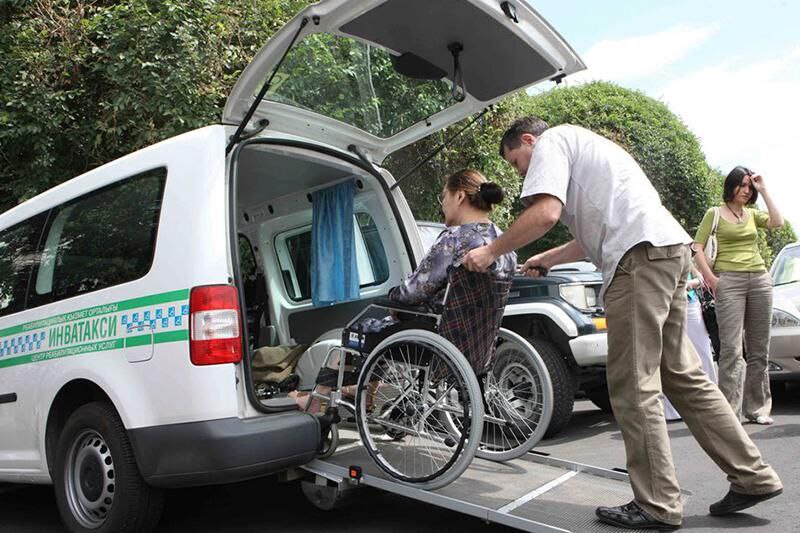In December 2023, a United Nations Development Program (UNDP) delegation participated in the opening of a refurbished water treatment plant in the village of Shuyt in Uzbekistan’s autonomous republic of Karakalpakstan. It will provide clean drinking water to 1,500 residents of the surrounding area. This is a joint UNDP, UN International Children’s Emergency Fund (UNICEF) and Food & Agriculture Organization (FAO) program called Empowering Youth Towards a Bright Future through Green and Innovative Development in the Aral Sea Region, funded by the UN Multi-Partner Trust Fund for Human Security for the Aral Sea Region in Uzbekistan. The project has the support of the governments of Uzbekistan, Norway, the European Union (EU), Finland, South Korea, Germany, and Alwaleed Philanthropies.
UNDP, in cooperation with partner organizations, systematically assists remote regions of Uzbekistan to establish access to drinking water. Under a small-grants program implemented by the joint UNDP/GEF and the Uzbek State Committee of Ecology project for sustainable use of natural resources and forest management in key mountainous regions important for globally significant biodiversity, a 6.5-km pipeline was laid in the village of Chukur in the Kashkadarya region of Uzbekistan. It has provided about 1,500 people with clean drinking water for which the villagers used to walk long distances with buckets to the nearest spring.
According to the World Health Organization (WHO), 70% of all diseases globally are associated with poor-quality drinking water that does not meet sanitary and hygienic standards.
The region of Priaralie demonstrates the large-scale problems which can arise in the absence of potable water. In the most remote areas of this region, groundwater is the main source of fresh water – but such water cannot be used directly for drinking due to the presence of a large number of harmful and poisonous substances such as pesticides, mineral salts in large quantities, and heavy metals. That’s caused by the systematic pollution of underground aquifers and the lack of modern drinking water treatment systems. All this has led to a massive deterioration in the health of the population of the Aral Sea region.
According to the Pravda Vostoka newspaper, as of June 2023, the drinking water availability rate in Priaralie was 71%, and at the beginning of 2019, only 52.4%. By the end of 2023, 5,473 households were connected to water-supply networks, and water meters were installed for households free of charge. Construction of treatment facilities using modern standards is underway in the region.
Since December 2021, construction has been underway in several districts of the country on 10.73 kilometers of drinking-water supply and wastewater networks, and three wastewater treatment plants, with a projected cost of $3 million.
Construction of a wastewater treatment plant with a capacity of 30,000 cubic meters of water per day is ongoing in the city of Nukus, along with 16 pumping stations and wastewater disposal networks with a length of 88 kilometers. The projects are expected to increase the local population’s drinking water supply by more than 74% this year.









